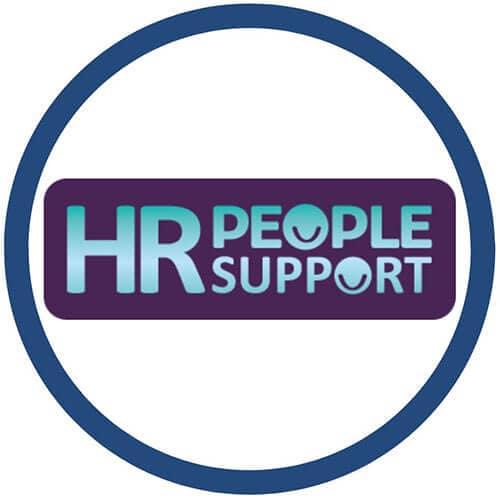Over the years many people have made good money by investing in rental properties. Property prices rise steadily and rents cover mortgage repayments.
Since 2016 HMRC has made numerous tax changes, and even more are planned for 2020. Now, everyone looking to buy a second property is required to pay 3% Stamp Duty Land Tax over and above any ‘normal’ SDLT on the purchase.
What costs can I claim against my rental income?
When you first kit out your new rental property, the initial cost of buying carpets, furnishings and white goods is not considered an allowable expense. It’s only the cost of replacing an item which can be claimed – and only providing it’s on a like-for-like basis, with no element of ‘enhancement’ (note however that furnished holiday lets are excluded from these rules).
To be allowable, other expenses have to be revenue in nature. This means that day-to-day running costs such as rates, heating, letting agent fees, building insurance, advertising, cleaning and gardening are all allowable.
You’ll need to take care though when claiming for repairs and maintenance. Once again these costs are only allowed if they are restoring the property to its original condition, and not improving it.
Simplifying your Tax Return Calculations
In recent years, several simplifications have been introduced. Now you can claim:
- Property allowance of £1,000, instead of actual expenses incurred.
- Flat mileage rate for qualifying travel.
- Rent a room relief of up to £7,500 each year. This can be claimed against rents from furnished rooms in your main residence, instead of claiming for actual expenses incurred. Despite some debate, HMRC have (for the time being?) decided to leave this allowance unchanged.
These changes make calculating rental profits easier, but make sure you are not paying too much tax. Check that claiming the actual expenses does not lead to lower taxable profits.
Changes to finance costs
One of the biggest changes, from 6 April 2017, has been the phased restriction of mortgage interest tax relief. Instead of interest and finance charges being set against gross rental income, they are now used to calculate a tax reducing credit. From 6 April 2020 only basic rate tax relief will be available, so that higher rate taxpayers will pay more tax, and those who were not previously paying 40% tax may now be taxed at the higher rate.
Joint property ownership
Property that is jointly owned needs special consideration. Tax law presumes that your profits are shared 50:50 with your spouse or civil partner. You can change this ratio of property ownership so that rents are taxed at lower rates of tax. To be effective, HMRC will need to be notified of this. It requires careful planning, but can result in tax savings year after year.
Capital Gains Tax Returns
Changes are being made by HMRC to make paying CGT ‘simpler and quicker’. They bring UK taxpayers into line with non residents, so that after 6 April 2020, anyone who disposes of a property may need to file a return with HMRC and pay CGT within 30 days of completion.
The CGT due will depend on the taxpayer’s income for the year, but ‘reasonable estimates’ will be allowed. Filing your annual tax return will finalise these amounts. Naturally, HMRC will impose penalties and interest charges for late returns, and under or late payment of the tax.
Capital Gains Tax Reliefs
Two further changes with effect from 6 April 2020 have now been set out in detail, which will restrict two tax reliefs for those people who dispose of their main residence.
Firstly, under existing private residence relief rules, the last 18 months of ownership qualifies for relief, regardless of whether you live there or not. From 6 April 2020, this is going to be reduced to 9 months.
Secondly, landlords who move up the property ladder by letting out their former private residence instead of selling, currently benefit from an additional lettings relief worth up to £11,200 per owner per property. After 6 April 2020 landlords will no longer qualify for this relief, unless they have been in shared occupancy with their tenant throughout. This change means very few sellers will now be eligible. The key point to note is that there will be no time apportionment of this relief.
Therefore, if you were hoping to take advantage of letting relief on the sale of a property, you might want to consider disposing of your property before 6 April 2020 in order to take advantage of the current rules. Contact us for advice in this area as we can estimate the additional tax that might be due following the withdrawal of this generous relief.
When you take all of these changes into account, property rental isn’t necessarily the simple and rosy option that you might think it could be. If you’re going to turn your property rental into a good investment, it requires careful thought about all the tax costs that will be incurred.












